When we talk about saving wildlife, it’s easy to imagine it’s something reserved for scientists, conservationists, or big organisations.
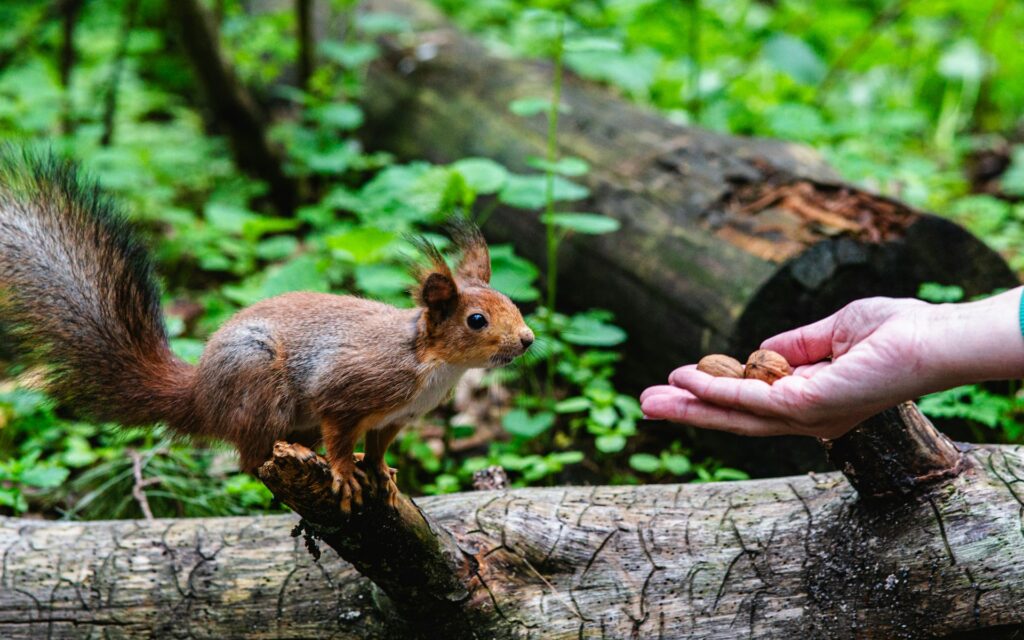
But the truth is, the everyday choices we make—the small acts of kindness we show—add up in ways that genuinely make a difference. In a world where natural habitats are shrinking and species are under pressure from human activity, individual actions aren’t just helpful; they’re critical.
As explained by National Geographic, we’re living through an era of rapid biodiversity loss, often referred to as the sixth mass extinction. Species we once thought abundant are slipping away before our eyes. It’s happening all around us, often quietly, and it’s being driven largely by habitat destruction, pollution, climate change, and exploitation. But just as we’re part of the problem, we can be part of the solution, and that power lies in how we choose to act each day.
Making space for wildlife
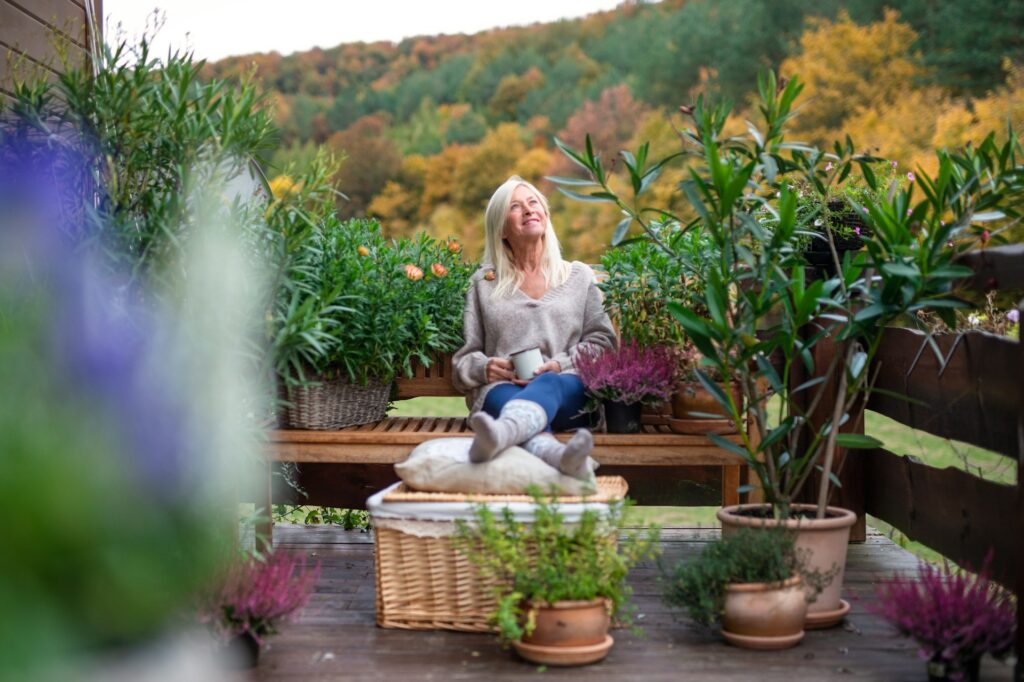
One of the simplest and kindest things you can do is make space for wildlife in your everyday environment. You don’t need a sprawling estate. Even a small balcony, a modest back garden, or a community green space can become a sanctuary for local animals.
Creating wildlife-friendly gardens by planting native plants, leaving wild patches, building small ponds, or installing bird boxes transforms barren spaces into thriving mini-ecosystems, explains RSPB. Including a mix of trees, shrubs, and wildflowers creates layers of habitat that appeal to a wider variety of creatures. Piles of logs, undisturbed corners, and small water features all provide vital resources for birds, insects, amphibians, and mammals.
By making these small adjustments, we not only invite nature back into our lives but also help stitch together critical habitat corridors that are crucial for wildlife moving across fragmented landscapes.
Feeding and supporting local species responsibly
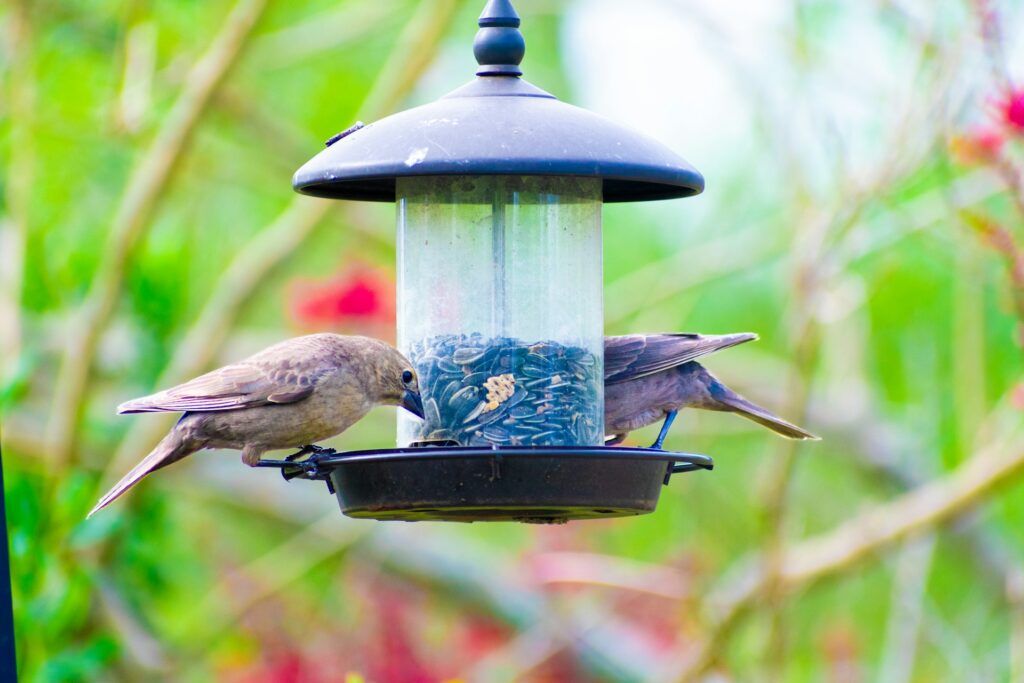
Putting out food and water for birds, hedgehogs, and pollinators, especially during tough seasons, is a practical and compassionate act. But it’s important to do it thoughtfully.
For birds, offering seed, fat balls (without nets), and clean water during winter months can mean the difference between life and death. In summer, providing shallow water dishes placed safely away from predators can help countless species survive heatwaves. It’s important to use pesticide-free gardens to ensure the insects that birds and bats feed on are safe, too.
When feeding hedgehogs, opt for meaty cat or dog food rather than bread and milk, which can be harmful. The British Hedgehog Preservation Society offers detailed advice on making gardens hedgehog-safe, including how to create safe passageways between gardens.
For pollinators, planting nectar-rich flowers and providing overwintering sites, like bug hotels and undisturbed leaf piles, can keep vital species thriving through harsh seasons.
Championing ethical consumer choices
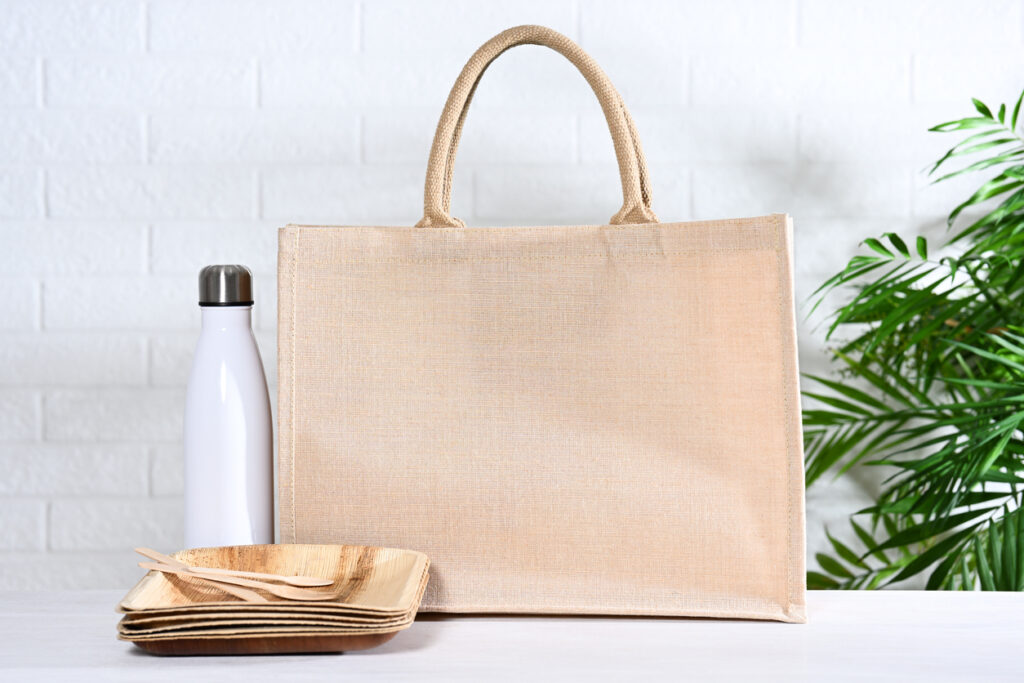
Every time we shop, we cast a vote for the kind of world we want. Choosing sustainably sourced products, whether it’s palm oil-free toiletries, Fairtrade coffee, or seafood certified by the Marine Stewardship Council, directly reduces pressure on ecosystems and wildlife.
Even small changes, like carrying reusable shopping bags, buying less single-use plastic, choosing recycled goods, or supporting local and seasonal produce, cut down on pollution, habitat destruction, and overexploitation. These choices, multiplied across millions of people, influence companies and industries to adopt more sustainable practices.
Supporting eco-friendly brands, investing in products with genuine environmental certifications, and boycotting companies linked to deforestation or unethical wildlife practices send a powerful message: that profit shouldn’t come at the expense of nature.
Speaking up and spreading awareness
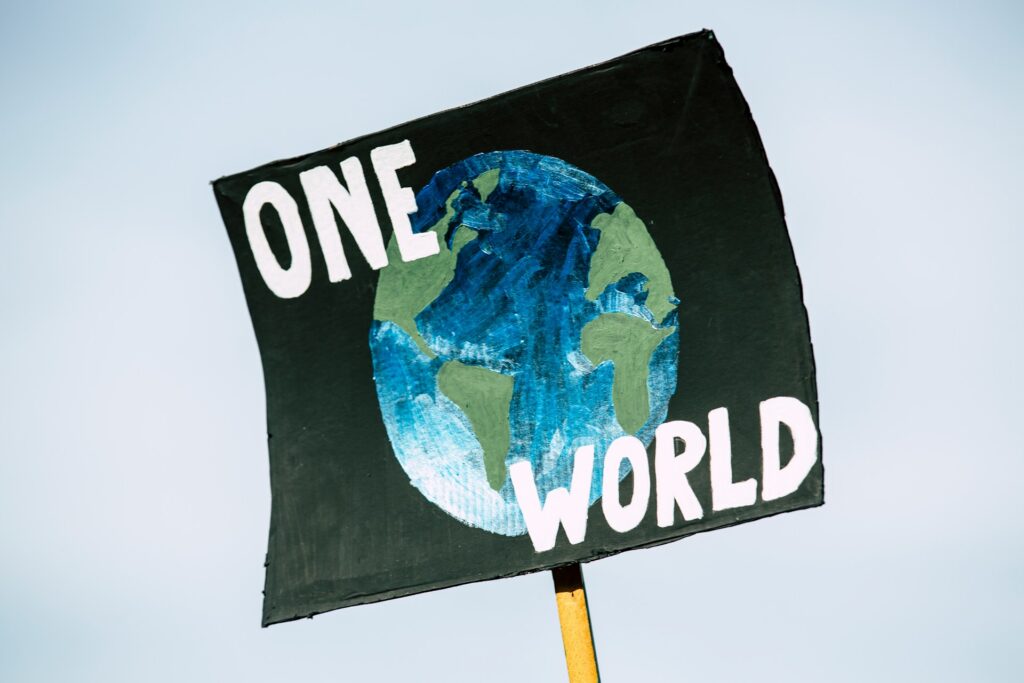
Acts of kindness don’t have to be physical—they can also be vocal. Talking about conservation issues with friends, sharing petitions, supporting local wildlife charities, donating to habitat protection funds, or even writing to elected officials about environmental concerns all helps keep wildlife protection on the agenda.
Movements grow because ordinary people care enough to speak up. Public pressure has helped create marine protected areas, ban harmful pesticides like neonicotinoids that devastate bees, and strengthen anti-poaching laws in vulnerable regions. Social media campaigns, public awareness days, and even grassroots petitions have led to real, measurable change.
You don’t have to be an expert, either. Just sharing trusted information and encouraging others to care makes a bigger difference than you might realise.
Rescuing and reporting injured wildlife
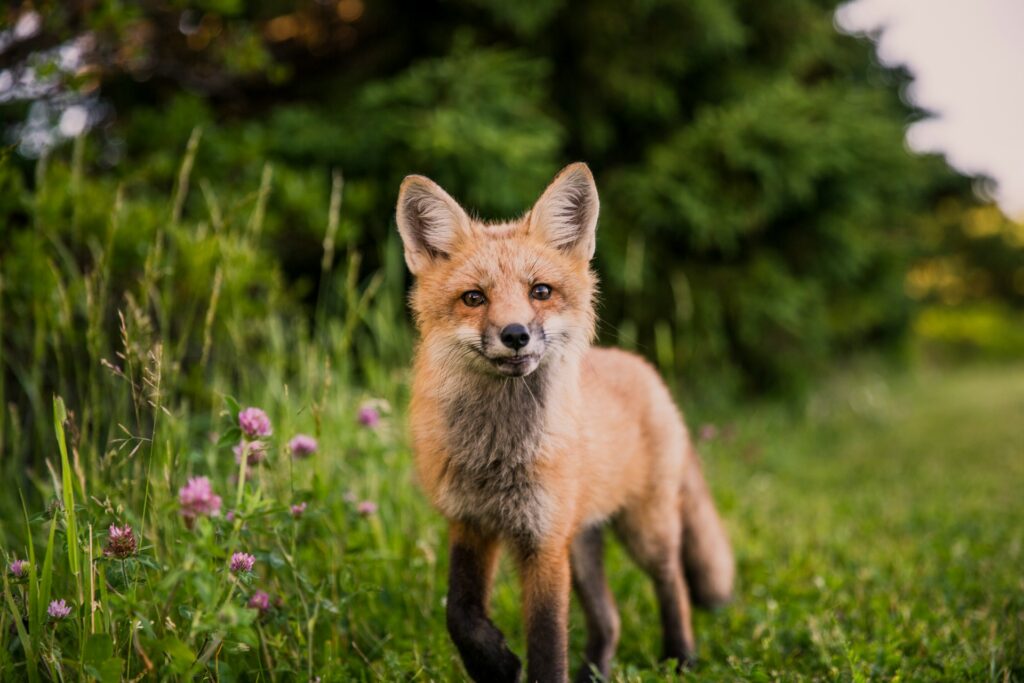
Learning how to safely help injured or distressed animals is another powerful act of kindness. Whether it’s a bird that’s flown into a window, a badger caught in a fence, or a hedgehog stranded in a garden during daylight hours, knowing who to call, such as the RSPCA or local wildlife rescue centres, can literally mean the difference between life and death.
Sometimes simply taking the time to report a sighting of a sick animal, or alerting authorities about wildlife crime like illegal trapping or poaching, makes a real difference. Many species are protected by law, but enforcement relies on concerned citizens taking action.
Volunteering with a local rescue centre or offering your garden as a release site for rehabilitated animals are also ways to extend your acts of kindness even further.
Protecting ecosystems from the ground up
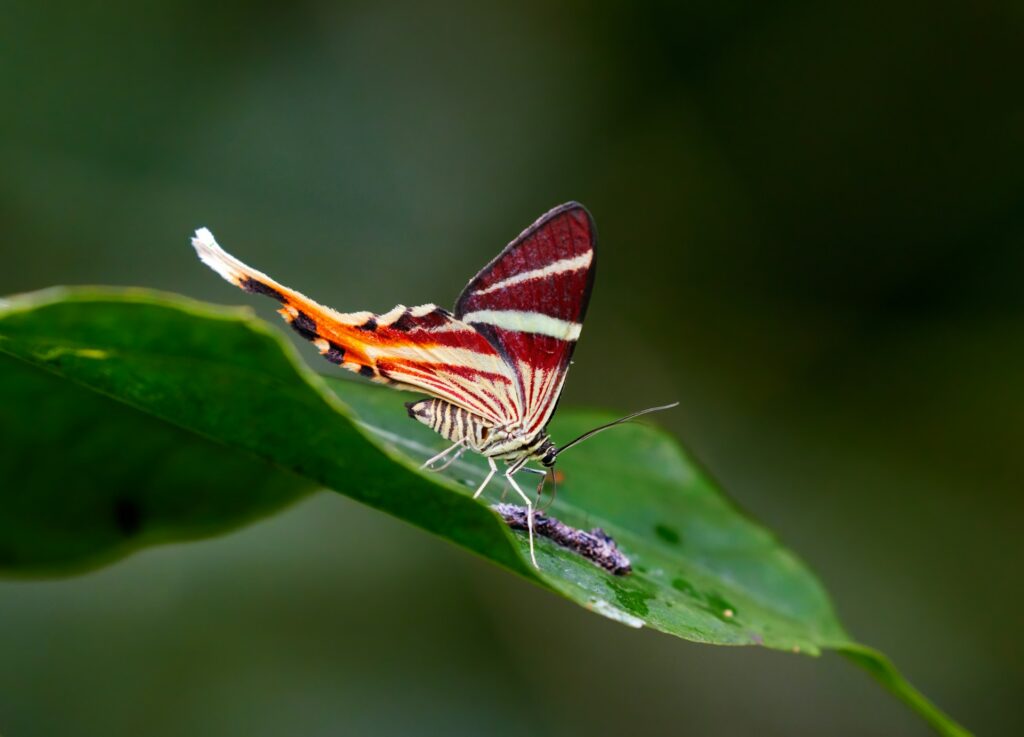
Everything is connected. Small everyday actions like picking up litter, participating in river or beach clean-ups, planting native trees, or volunteering for habitat restoration projects contribute to healthier environments where wildlife can flourish.
Participating in citizen science projects, like recording butterfly sightings for Butterfly Conservation, counting garden birds for the RSPB Big Garden Birdwatch, or reporting hedgehog sightings — helps scientists track species’ health and design better conservation strategies. These projects rely heavily on public participation, and the data collected informs national conservation policies.
Even simple actions like composting food waste, conserving water, or supporting local rewilding initiatives help restore ecosystems from the ground up.
Choosing kindness over convenience
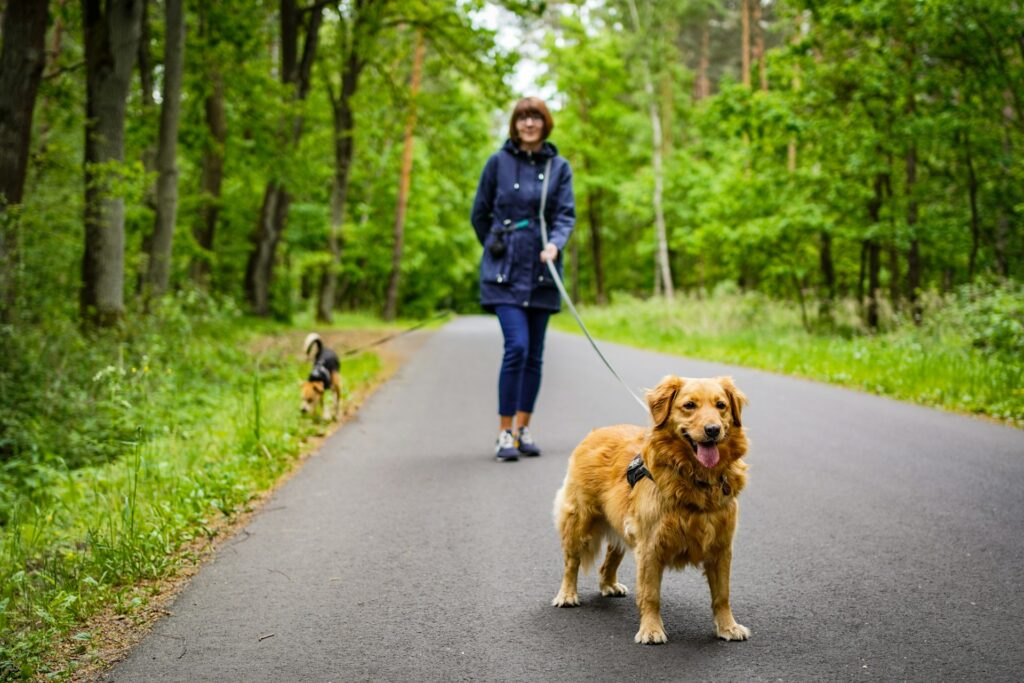
It’s tempting sometimes to brush off small gestures because they seem so insignificant. However, it’s kindness, multiplied across thousands and millions of people, that turns into real, lasting change.
Choosing to drive a little slower on rural roads to avoid hitting animals, building a bee hotel, refusing souvenirs made from endangered species, or simply respecting wildlife when you’re outdoors by keeping dogs on leads and sticking to designated trails—these everyday decisions matter more than we realise.
Kindness towards wildlife is about thinking beyond immediate convenience and imagining the bigger picture: a world where we coexist with, rather than dominate, the natural world.
Small steps lead to big impact
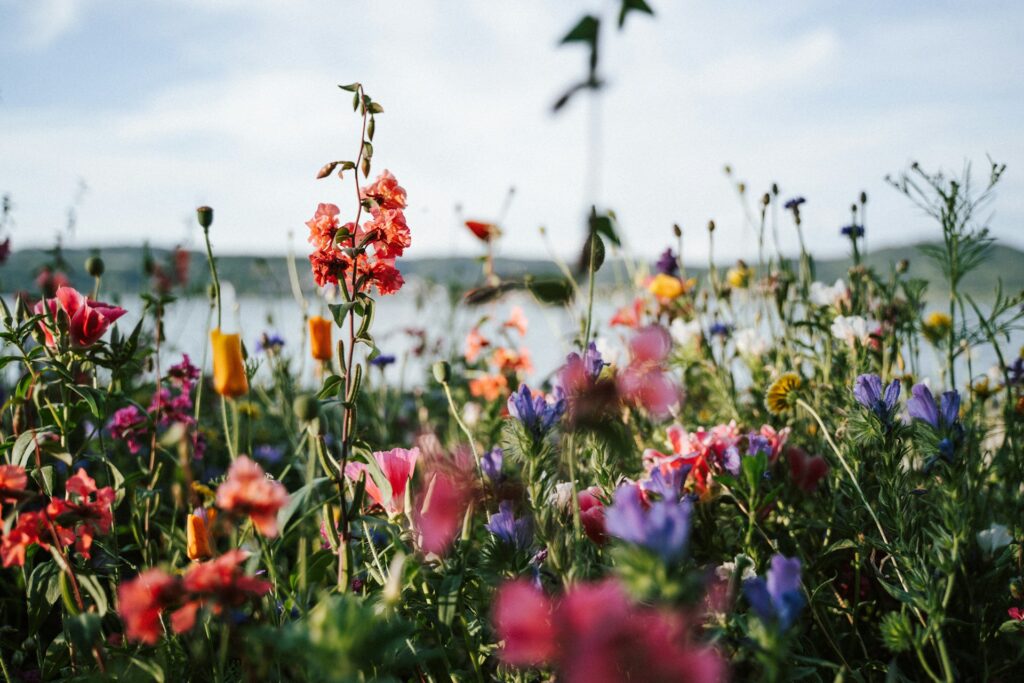
Saving wildlife doesn’t always come from grand gestures. More often, it comes from millions of small acts of everyday kindness—a collective refusal to look the other way, a shared commitment to doing a little bit better.
No one action will fix the biodiversity crisis on its own. But every flower planted, every voice raised, every injured animal rescued, every petition signed, and every ethical purchase builds towards a world where wildlife has a fighting chance.
You don’t need to be perfect. You just need to care enough to act, however small those actions might seem. Because when it comes to saving the natural world, small acts of kindness are never really small at all. They’re the seeds of something much, much bigger.